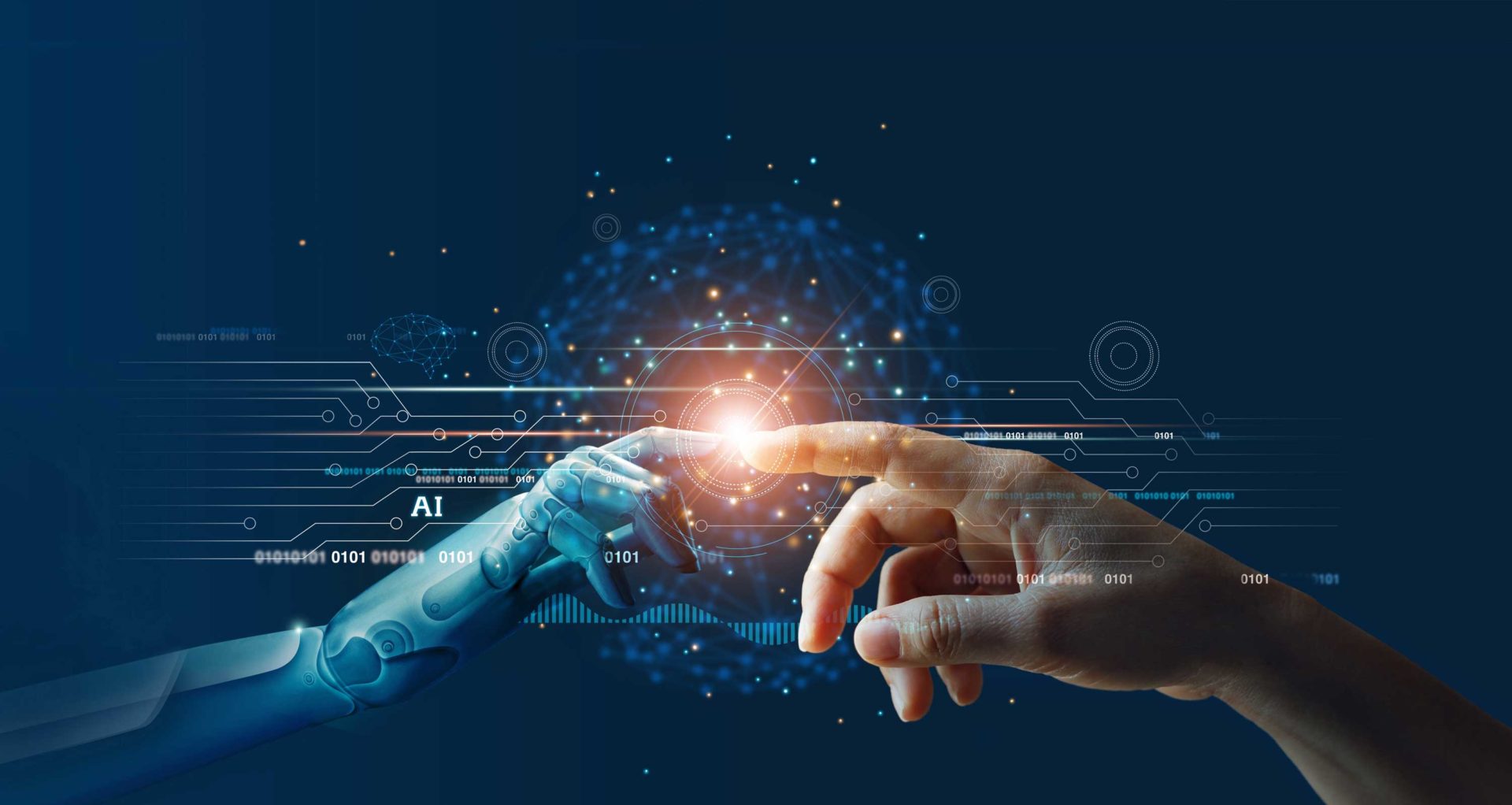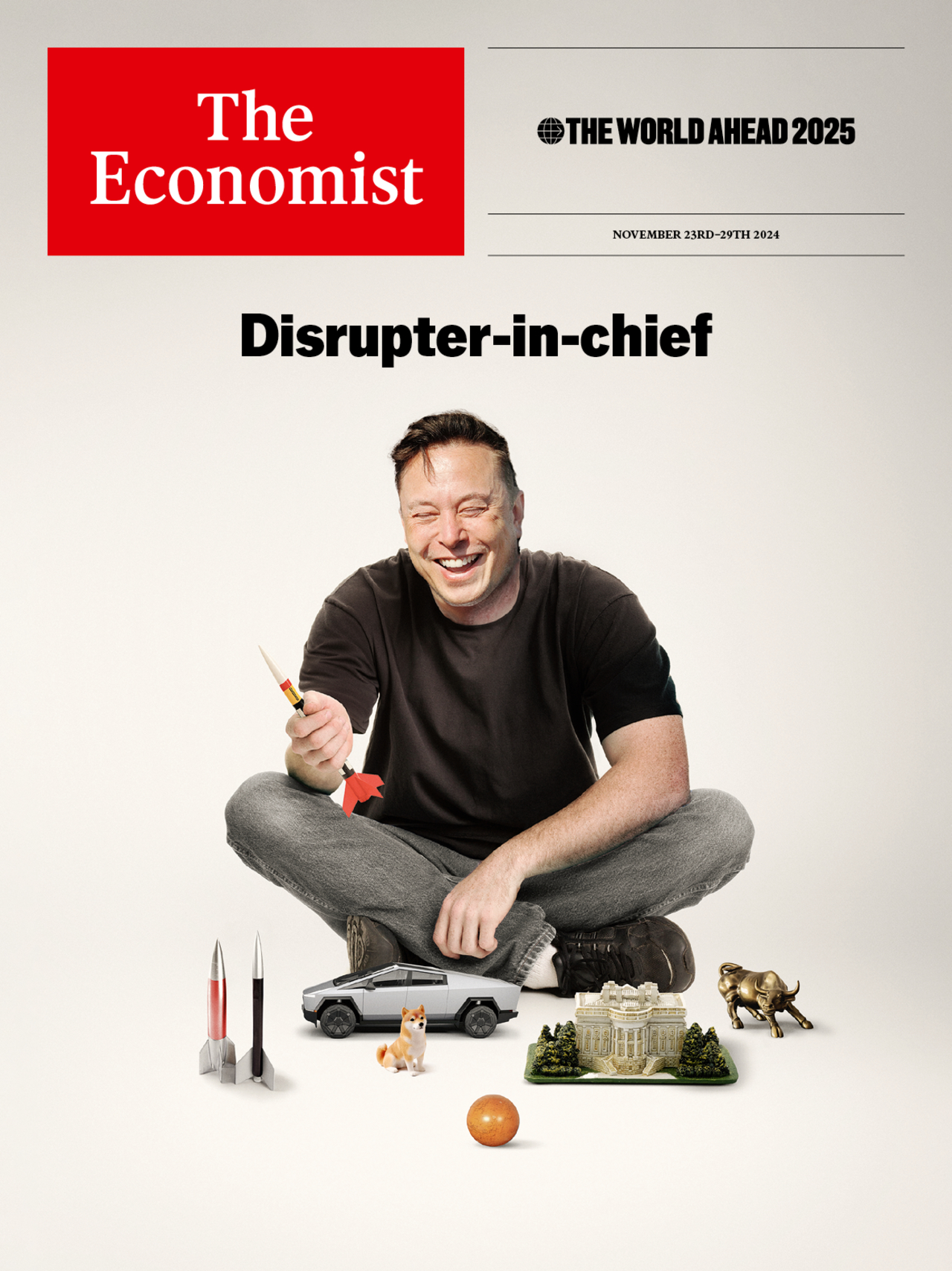AI Revolution: What It Means for the Future of Work
Artificial intelligence (AI) is stirring quite the conversation in the job market. As we inch further into the 21st century, AI systems and machines continue to transform various sectors, including healthcare, finance, and education. From self-driving cars to virtual assistants, AI is seamlessly integrating into daily operations, promising efficiency and productivity beyond human capabilities.
*The impact of AI on ordinary lives is profound. *
A Double-edged Sword
While the benefits of AI are numerous, there are growing concerns regarding its implications on employment. According to economists, automation could replace millions of jobs, particularly in industries like manufacturing and retail, where repetitive tasks are common. A notable report suggests that approximately 40% of jobs could be at risk of automation in the coming decades. This leads to a critical question: with the advancement of technology, will workers be left behind?
A recent study by the International Labor Organization (ILO) highlighted that while some jobs are at risk of being lost, many others will emerge. According to their findings, new roles focusing on AI development, maintenance, and ethics will increase, creating an urgent need for reskilling.
“Embracing change is essential. While certain jobs may disappear, other avenues will open up, demanding a shift in skill sets,” the report stated.
The Need for Reskilling and Upskilling
As automation continues to replace routine tasks, the demand for creative and critical thinking skills is on the rise. Companies will increasingly look for individuals who can adapt to new technologies quickly. For instance, tech companies are being urged to invest in training programs that equip employees with data analysis and machine learning skills. This will ensure they can harness AI to optimize processes rather than lag behind.
Upskilling the workforce is crucial for future job stability.
The Role of Education and Industry Collaboration
Educational institutions also have a significant role to play in preparing the future workforce for this emerging landscape. Universities and colleges must adapt their curriculums to include courses that focus on AI literacy, data science, and ethical considerations surrounding AI technologies. Partnerships between educational institutions and tech companies could prove beneficial in creating relevant training programs that address industry needs.
Companies like Google and Microsoft have launched initiatives aimed at fostering tech literacy among students and career changers alike. Their efforts bring awareness to the importance of lifelong learning in this evolving job market.
The Ethical Dilemma
As organizations increasingly lean on AI, ethical considerations are becoming paramount. With data privacy concerns and the potential for biased algorithms, there’s a growing demand for transparency and accountability within AI systems. Companies adopting AI technologies should prioritize developing ethical frameworks to ensure equitable treatment of workers and consumers.
Ethical AI frameworks are vital in protecting users and employees alike.
Conclusion: A Future Co-existing with AI
The future of work in an AI-driven world could either represent a challenge or an opportunity, depending on how society addresses the emerging concerns. It’s essential to focus on building an adaptable workforce equipped with the right skills to thrive alongside AI technology. By prioritizing education, reskilling, and ethical practices, we can aim for a future where AI and humans work in tandem, augmenting each other’s capabilities.
The landscape ahead is undoubtedly transformative, and it’s up to all stakeholders—governments, businesses, and educators—to advocate for an inclusive and forward-thinking approach to this technological revolution.


 Photo by
Photo by 









